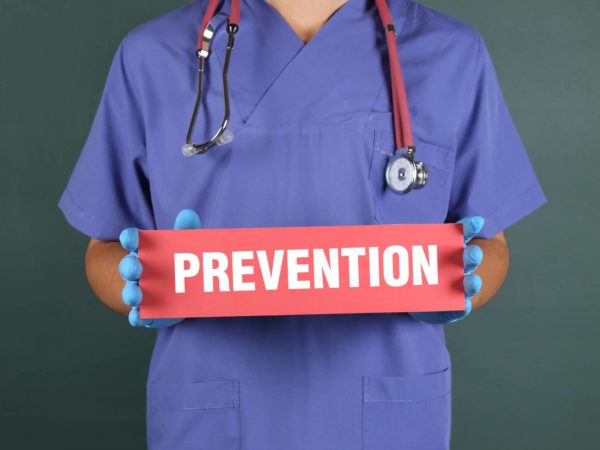Breast Cancer and Genetics (90% of Your Risk is Lifestyle!)
It is estimated that only 5 percent to 10 percent of all breast cancers can be attributed to genetic factors.
Breast Cancer and Genetics: BRCA 1 and BRCA 2
Of the genes linked with breast cancer susceptibility, BRCA1 and BRCA2 are the best recognized and are involved in 3 to 4 percent of cases.
Women who carry BRCA1 mutations are thought to have a 40 to 80 percent chance of developing breast cancer in their lifetimes, while women with BRCA2 mutations appear to have a slightly lower lifetime risk (30 to 70 percent). Together, mutations in these genes are thought to explain a large portion of the breast cancers that occur in women with a very strong family history.
Usually, these BRCA genes help to prevent cancer by creating proteins that keep cells from growing abnormally. But, if an abnormal BRCA1 or BRCA2 is inherited, you may be more susceptible to developing cancer during your lifetime. In addition, women with an altered BRCA gene usually have an increased risk of developing breast cancer at a younger age (before menopause).
Because mutations in either the BRCA1 or BRCA2 genes can be passed on from either parent, the father’s family history of breast cancer is also important. Men or women who carry one of these gene mutations have a 50 percent chance of passing it on to each of their children.
Breast Cancer and Genetics: 90% Of Your Risk is Preventable
Here’s the good news: 90 to 95 percent of breast cancer cases can be prevented through diet and lifestyle.
Learn how you you can dramatically slash your risk for breast cancer:




Leave a Reply